
We hear a lot right now about tensions between different generations: baby-boomers versus millennials, for example.

Slow internet connections or limited access from homes in rural areas can contribute to students falling behind academically, according to a new study
- By Arif Jetha

A great deal of attention is being paid to the future of work and its impact on Canadians. Often missing from the discussion is the extent to which different workers will be included or excluded from the changing labour market.
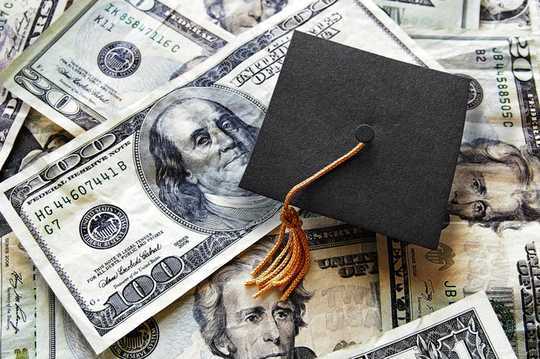
Paying back student loans is not an easy thing to do. One out of every 5 borrowers with outstanding student loan debt has fallen behind their payments.
- By Tony Cookson
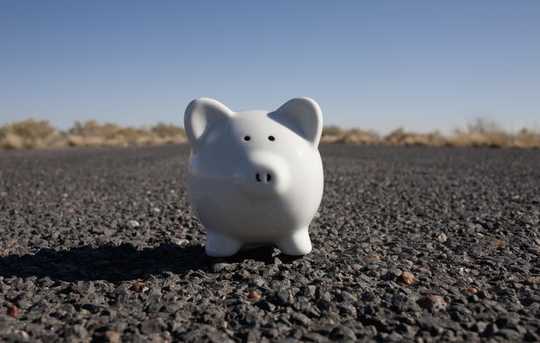
A banking desert is an area without traditional financial institutions and services. They are common in rural areas because large financial institutions are reluctant to operate in less populated areas that are less profitable.
- By Maria Flood
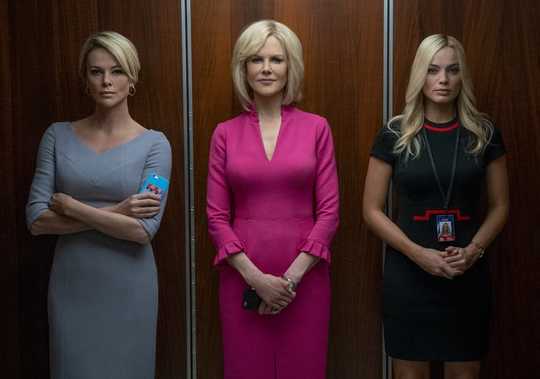
There’s a degree of irony in the fact that Bombshell, the movie about the fall of Fox News boss and serial sexual harasser Roger Ailes, was awarded an Oscar for make-up and hairstyling.

If you thought workers’ hourly pay was finally rising, think again. At first glance, the latest data – which came out on Feb. 7 – look pretty good.
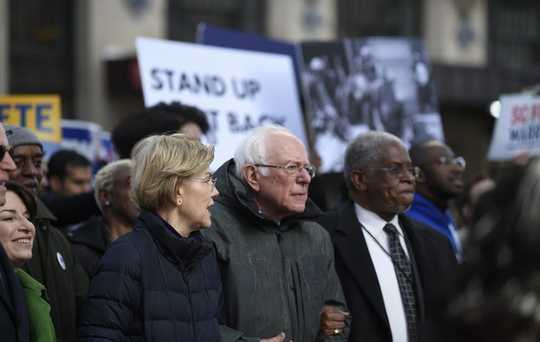
It’s hardly surprising that if a Democrat wins the White House, taxes on wealthy Americans and corporations will probably go up. How they’ll go up is the more interesting question.

What do we mean when we talk about “socialism”? Here are ten things about its theory, practice, and potential that you need to know.
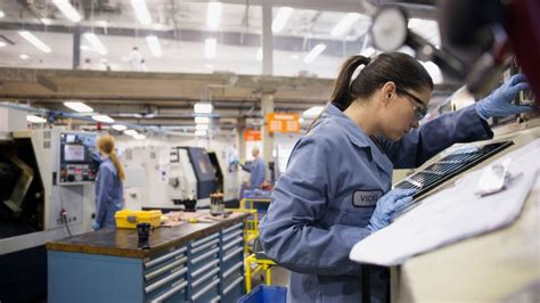
While companies might reap significant gains in productivity from automating certain jobs, this won’t necessarily lead to pay rises for everyone.
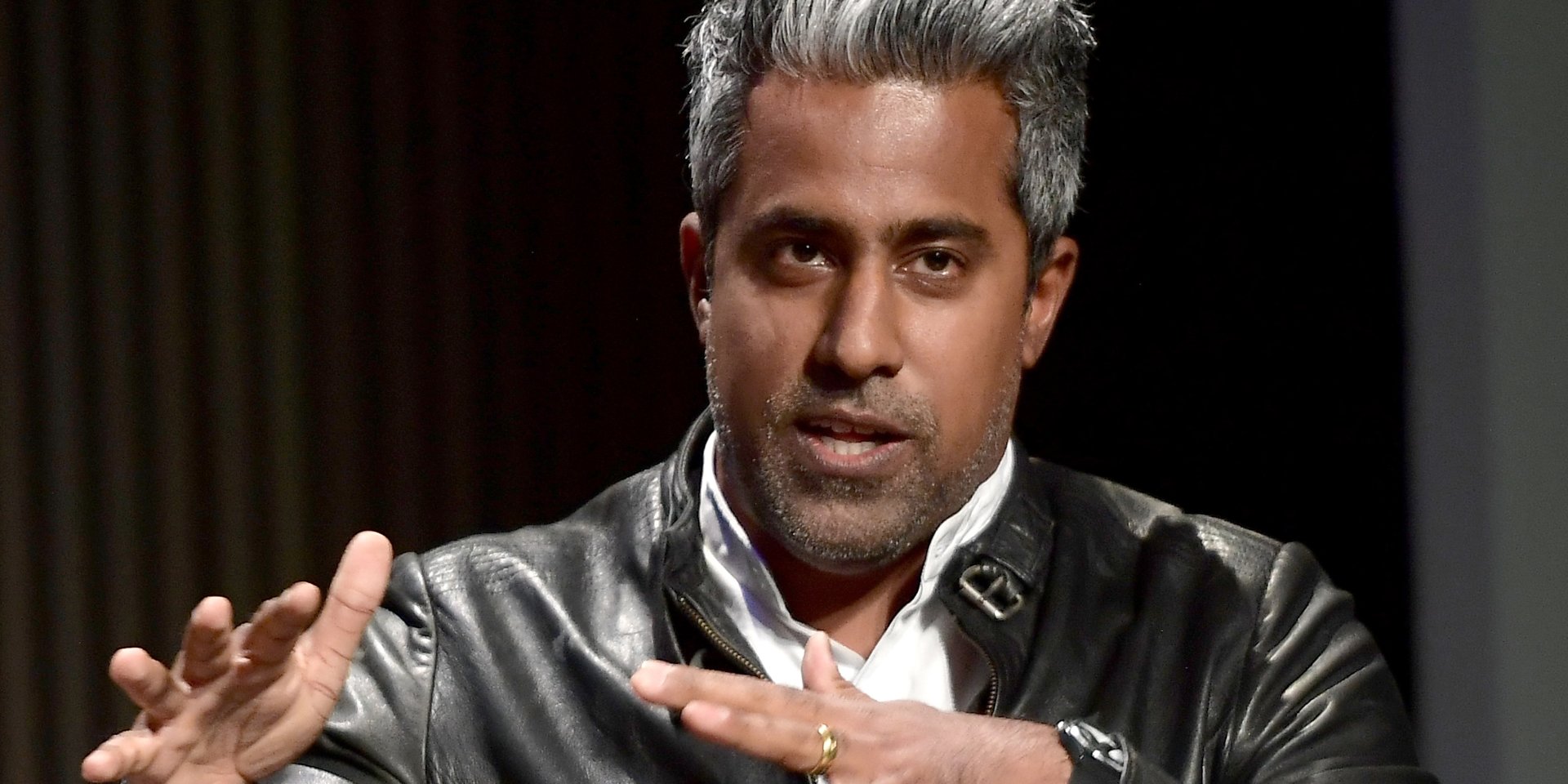
It’s no secret that the biggest gains in the growing global economy are reaped by the extremely wealthy.
- By George Lakey

According to Atheendar Venkataramani, the study’s lead author and a professor in the university’s Perelman School of Medicine, economic instability can affect people’s mental well-being and drive up the risk of substance abuse.
- By Dean Baker
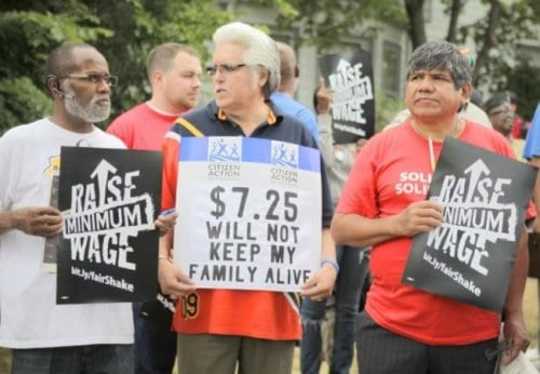
In such a world, a full-time minimum wage worker would be earning $48,000 a year in the United States.
- By Robert Reich

The same forces that are driving massive inequality between the top 1 percent and the rest of us are creating a vast generational wealth gap between baby boomers — my generation — and millennials.Millennials aren’t teenagers anymore.

An adolescent’s sense of their own family’s social and economic status is closely linked to that teen’s physical and cognitive health, according to a study of British twins.
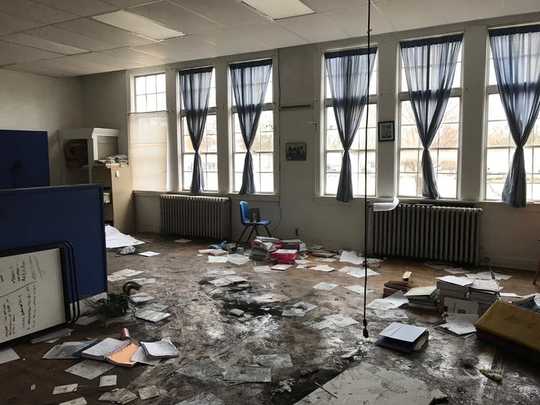
Rural school closures are causing as much, if not more, upheaval as what’s going on when public schools in Chicago and other cities close.
- By Ivan Chase

Hermit crabs can teach us about wealth inequality, according to a new study.

Some of the most hated companies in the U.S. are also the most profitable.

The double-standards of gender “rules” in society have been disconcertingly evident of late.
- By Bandy X. Lee

Even though mental illness affects one in five adults – and depression is the leading cause of disability worldwide – secrecy and stigma around the issue continue.
- By Jan Mutchler
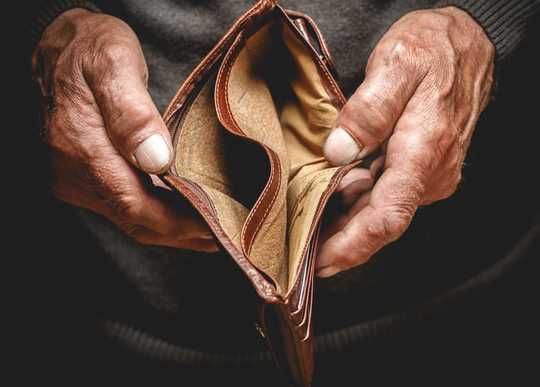 The U.S. population is aging at such a rate that within a few years, older Americans will outnumber the country’s children for the first time, according to census projections.
The U.S. population is aging at such a rate that within a few years, older Americans will outnumber the country’s children for the first time, according to census projections.
- By Sue Ishaq
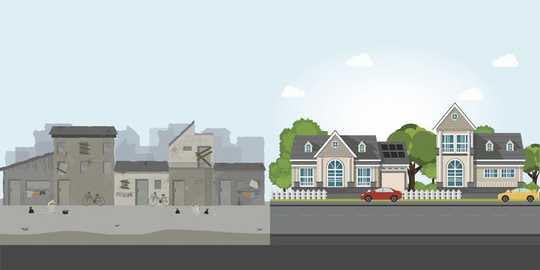
People worry about having access to clean water, power, health care and healthy foods because they are essential for survival. But do they ever think about their access to microbes?

Numerous anti-government protests have paralyzed cities across the globe for months, from La Paz, Bolivia, to Santiago, Chile, and Monrovia, Liberia, to Beirut.

















